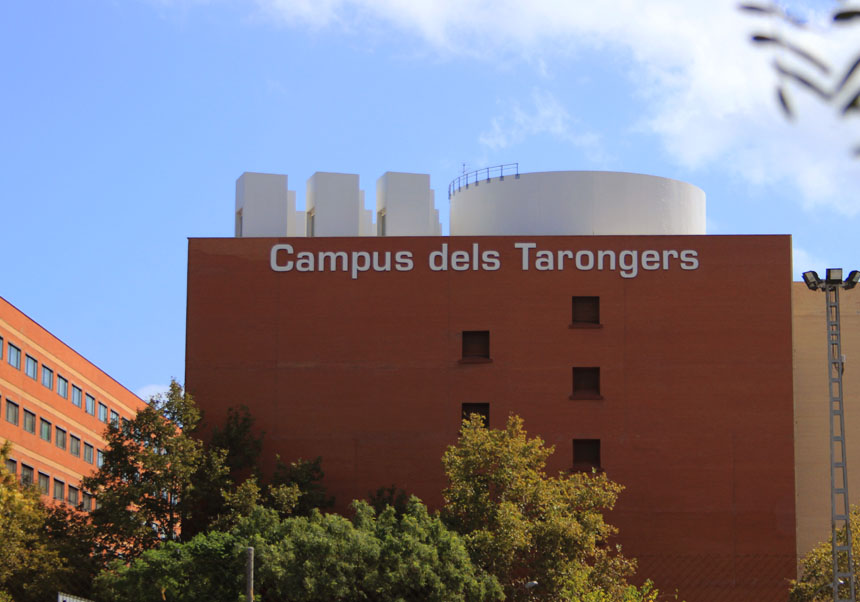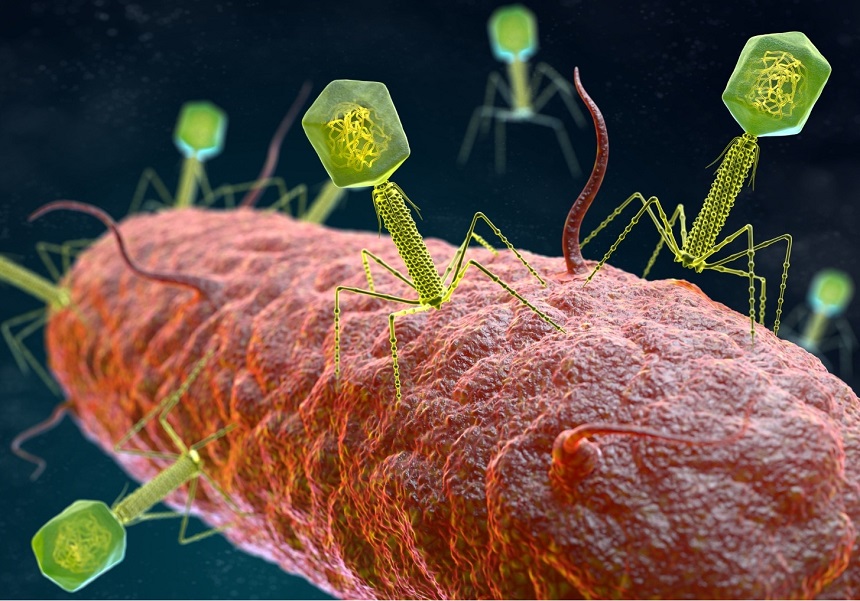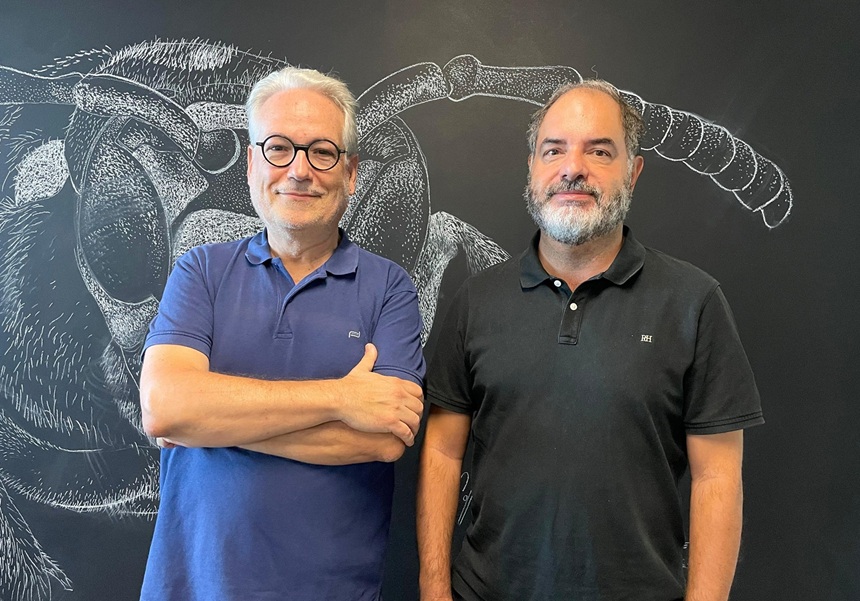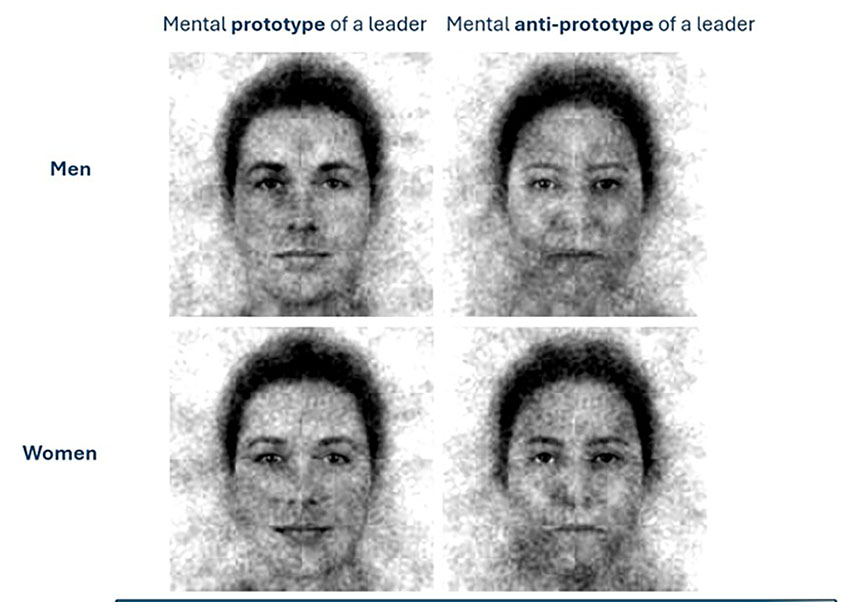The University of Valencia, among the top 50 positions in the world in seven subjects out of five rankings
- Scientific Culture and Innovation Unit
- March 12th, 2024

In 2023, the University of Valencia (UV) has achieved average position 235 in world rankings with a focus on scientific or bibliometric production, according to the annual executive summary of the Analysis and Planning Service (SAP). At the Spanish level, the institution obtains an average third position in the authorship and impact indicators (citations or H Index), and fourth place in production indicators. In addition, it leads the top 50 positions in the world in seven subjects out of five rankings.
Thus, the UV has been classified in position 26 in Remote Sensing (Shanghai Ranking); 15 in Food Science and Technology (Best Global Universities); 48 in Food Engineering (Shanghai) and in the same subject, in place 40 place, at the URAP. In addition, in health professions during 2023 it has achieved place 20 place in the world in the Round University Ranking-RUR, 17 in Agricultural Sciences according to Best Global and 48 in Business Administration and Tourism (according to Shanghai).
Furthermore, in the UV highly cited researchers (HiCi) rankings, five researchers are in the TOP 1% in number of citations by field and year in the Web of Science Core Collection, according to the Highly Cited Researchers (HCR): Gustau Camps-Valls (Geosciences), Francisco J. Barba (Agricultural Sciences), Andrés Cervantes (Clinical Medicine), Juli G. Pausas (cross-field) and Domingo Ribeiro-Soriano (cross-field).
In the case of dissemination of the h-Index (DIH), prepared by the DIH group and that makes known scientists residing in Spain with this parameter, the 7 most prominent are Eugenio Coronado (Inorganic and Nuclear Chemistry), Santiago Mas (Parasitology), Eulogio Oset (Nuclear Physics), José María Peiró (Applied Psychology), Antonio Pellicer (Obstetrics and Gynaecology), José Remohí (Reproductive Biology) and Alicia Salvador (Behavioural Sciences).
In the case of the World Ranking of Scientists, it is formed with the scientific personnel who make up the Top 2% of most cited authors and is based on publications and citations from Elsevier’s Scopus®, and Stanford University. Highlights include Juli G. Pausas (Plant Biology and Botany, and Ecology), Artemi Cerdá (Environmental Sciences, Agronomy and Agriculture), Francisco J. Barba (Agriculture, Organic Chemistry and Food Science), Yolanda Picó (Environmental Sciences and Analytical Chemistry) and Eugenio Coronado (Nanoscience and Nanotechnology, Inorganic and Nuclear Chemistry).
On the other hand, the Higher Council for Scientific Research (CSIC) classifies Spanish and foreign researchers working in Spain according to the data from their personal public profiles on Google Scholar. Highlights include Carmen García (Index h 227 and 264,051 citations); María Moreno Llácer (h-index 220 and 201,886 citations), Vasiliki A. Mitsou (191 and 212,999), Dolores Corella (h-index 114 and 124,104) and Yolanda Picó (h-index 98 and 26,722 citations).
These data have been analysed by the Analysis and Planning Service (SAP) of the University of Valencia to find out the positions obtained by the institution in 2023 in each of the international and national rankings in which it has been classified at a global and European, national and regional level. In addition, it includes a comparative study with the rest of the university systems in four geographical areas: global, European, Spanish University System (SUE) and Valencian University System (SUV).
Links:
2003 rankings reports: https://ir.uv.es/y0UQnQ9
University of Valencia featured results: https://ir.uv.es/595nt9U
Categories: Recerca, innovació i transferència , Dades estadístiques, indicadors i informes , Rànquings , Institucional , Investigació a la UV , Difusió i comunicació científica , Grups de recerca , Internacionalització recerca
















